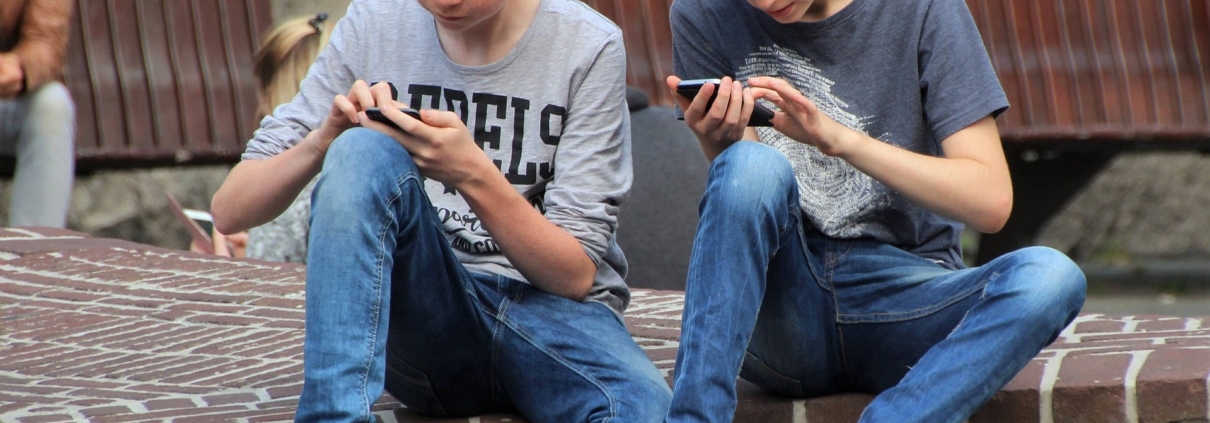Alert! Too much screen time takes away situational awareness
Excessive screen time among students can indeed have negative consequences on their academic performance, overall development and on situational awareness. Here are some specific ways it can impact them:
- Lack of engagement with the physical environment: When students spend excessive time on devices, they become less engaged with their immediate surroundings. They may fail to notice important details or changes in their environment, which can affect their safety and ability to respond effectively to situations.
- Reduced social interactions: Over-reliance on devices can lead to decreased face-to-face social interactions. This can hinder the development of important social skills, including reading non-verbal cues, interpreting social dynamics, and understanding situational context.
- Impaired attention and concentration: Continuous exposure to screens can lead to reduced attention span and difficulties in maintaining focus. This can impact students’ ability to process information from their environment, leading to a decreased situational awareness.
- Cyberbullying and online risks: Spending excessive time online increases the risk of students becoming victims of cyberbullying or falling prey to online scams, predators, or inappropriate content. Engaging in such experiences can distract students from their immediate surroundings and compromise their situational awareness.
Came across a school incident recently. Please watch this video at the link below:
To address these concerns and promote better situational awareness among students, here are some strategies:
- Encourage device-free activities: Encourage students to participate in activities that do not involve screens, such as outdoor play, sports, hobbies, or creative endeavors. This helps them engage with their physical environment and develop a broader awareness of their surroundings.
- Educate about online safety: Teach students about responsible internet use, including how to identify and respond to cyberbullying, how to protect personal information online, and how to navigate online risks. By empowering them to make informed choices, they can better manage their online experiences and maintain situational awareness.
- Foster face-to-face interactions: Create opportunities for students to interact and collaborate in person. Encourage group discussions, teamwork, and classroom activities that promote social engagement and communication. This helps students develop social skills and situational awareness in real-world settings.
- Set boundaries on screen time: Establish clear guidelines and limits on screen time both at school and at home. Encourage students to take regular breaks from screens, engage in physical activities, and spend time with family and friends. Balancing screen time with other activities helps students maintain a healthier sense of situational awareness.
By promoting a balanced approach to technology use and providing opportunities for students to engage with the physical world and interact face-to-face, educators and parents can help mitigate the negative effects of excessive screen time and support students’ situational awareness.






Leave a Reply
Want to join the discussion?Feel free to contribute!